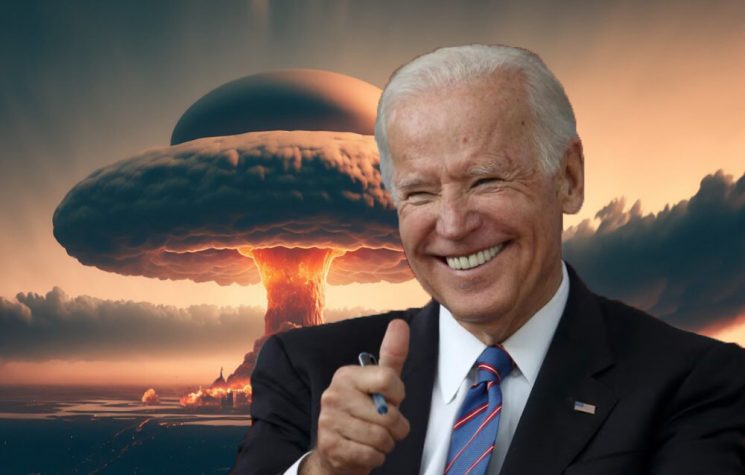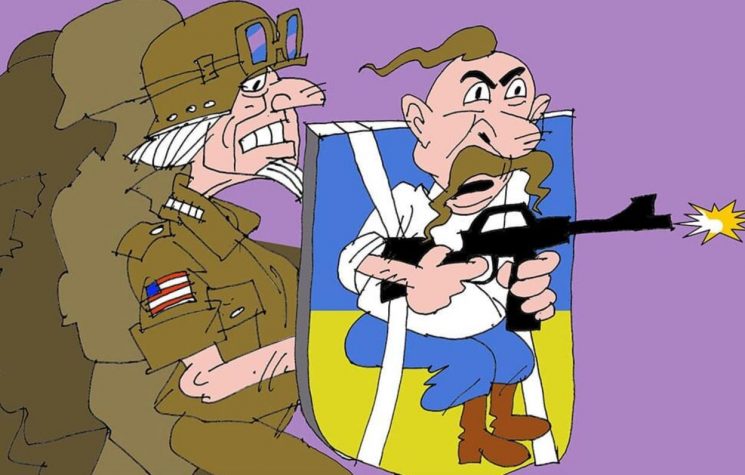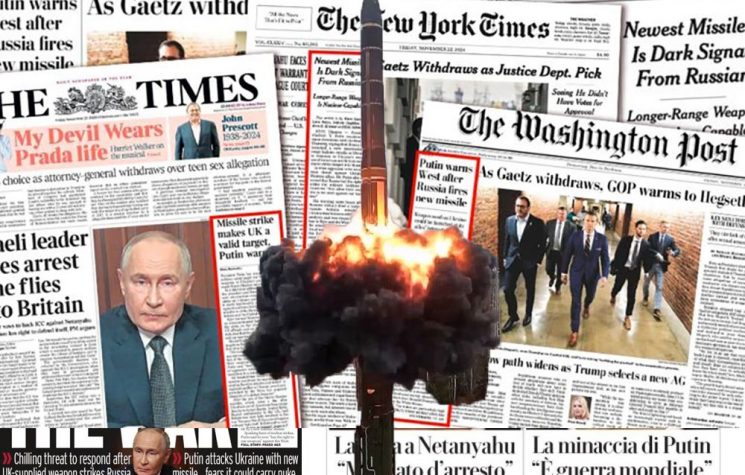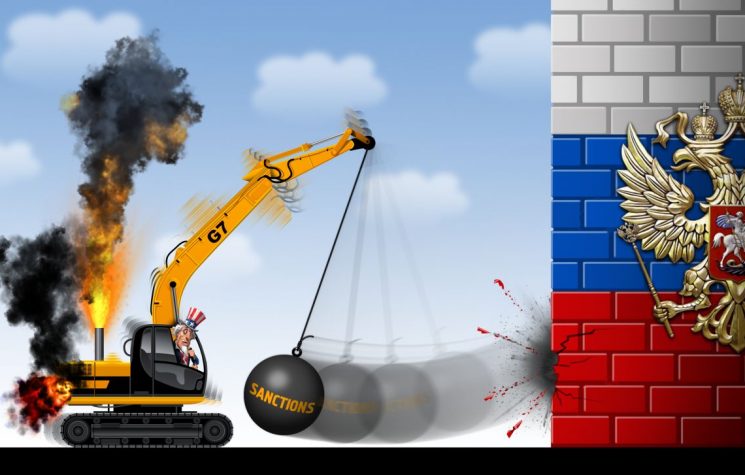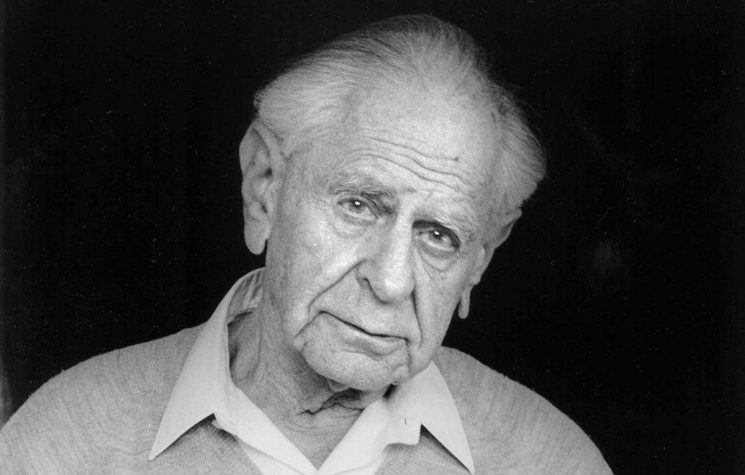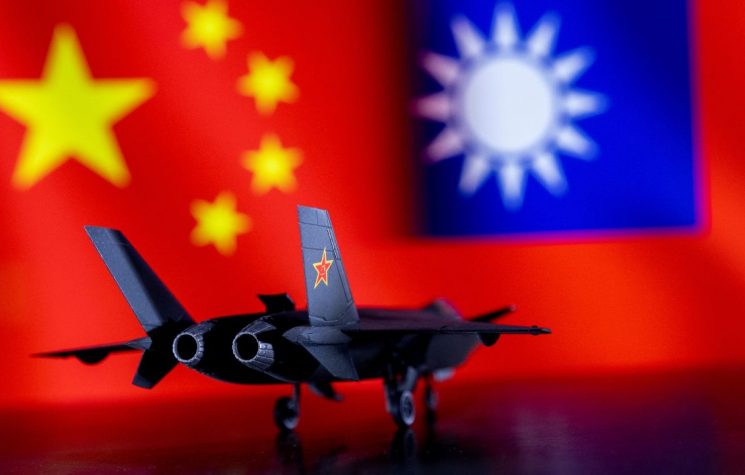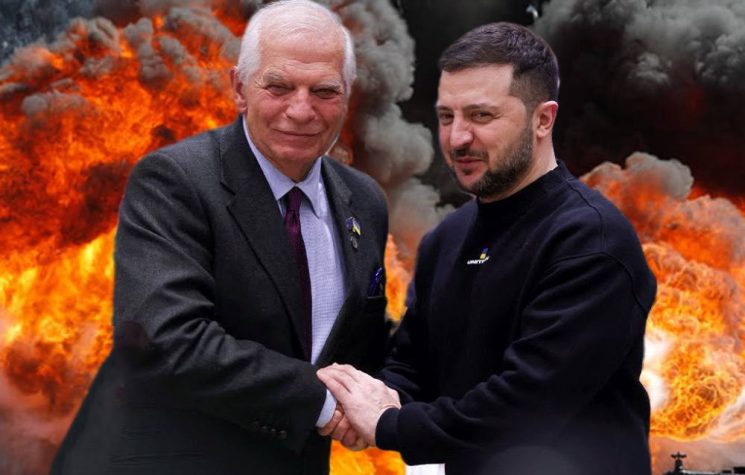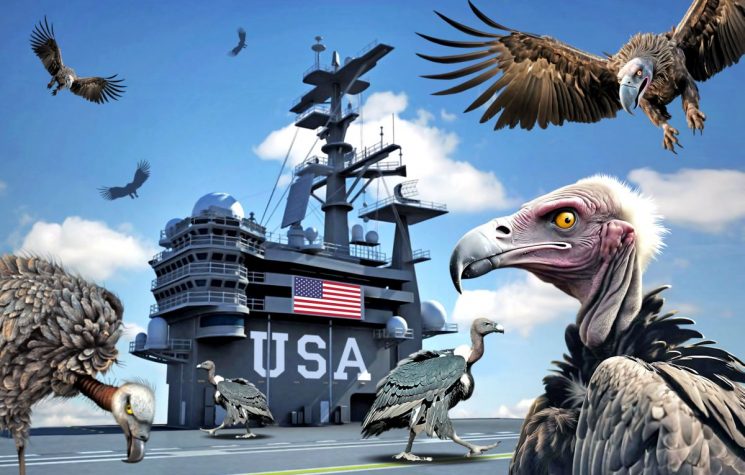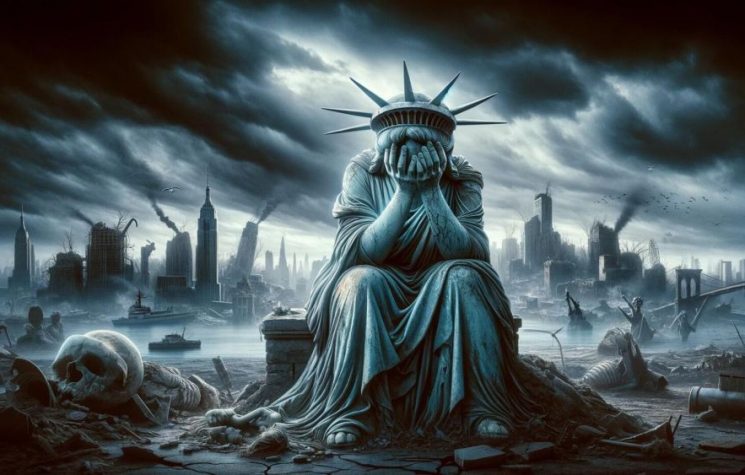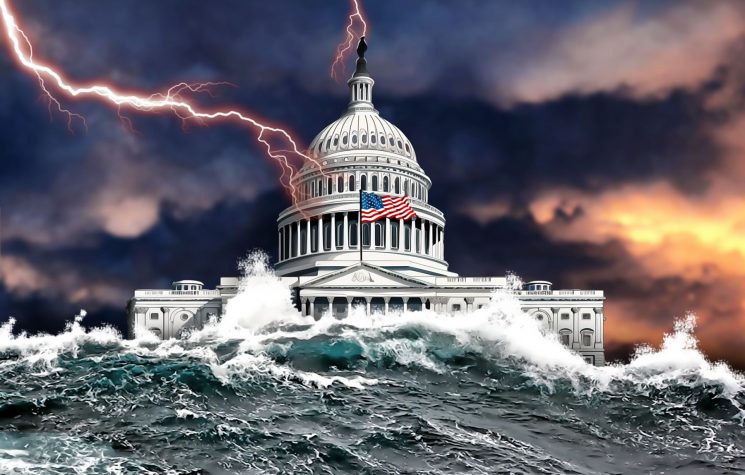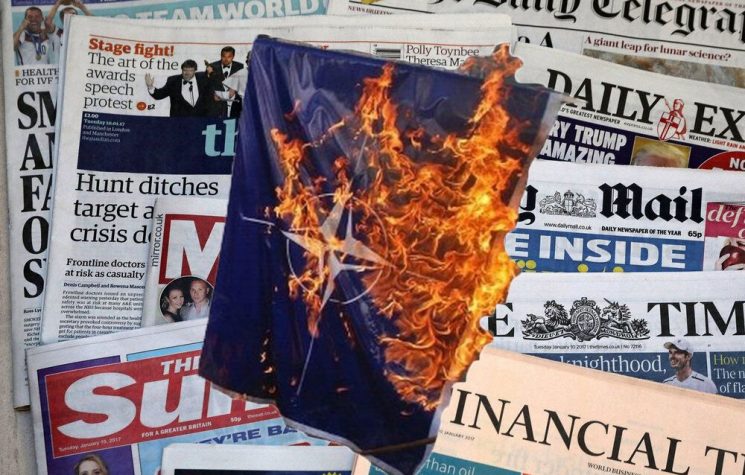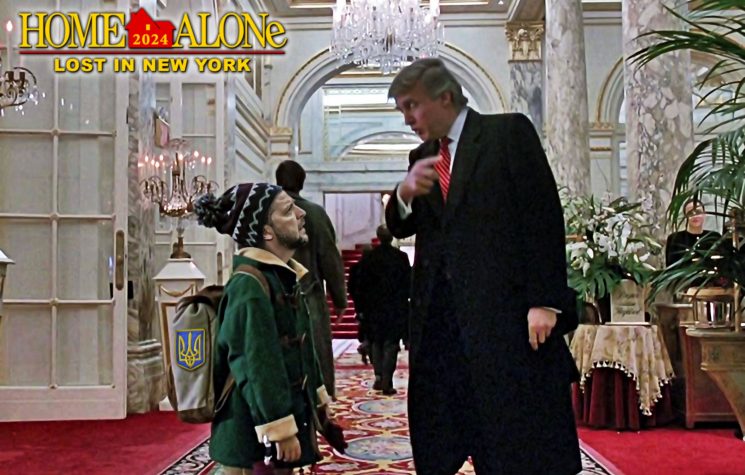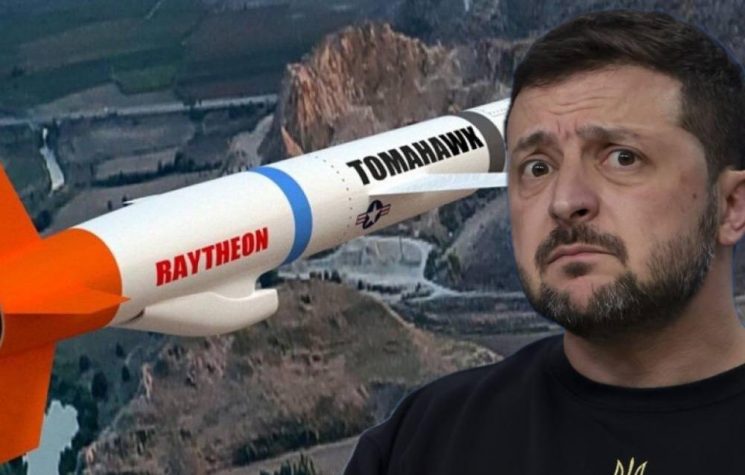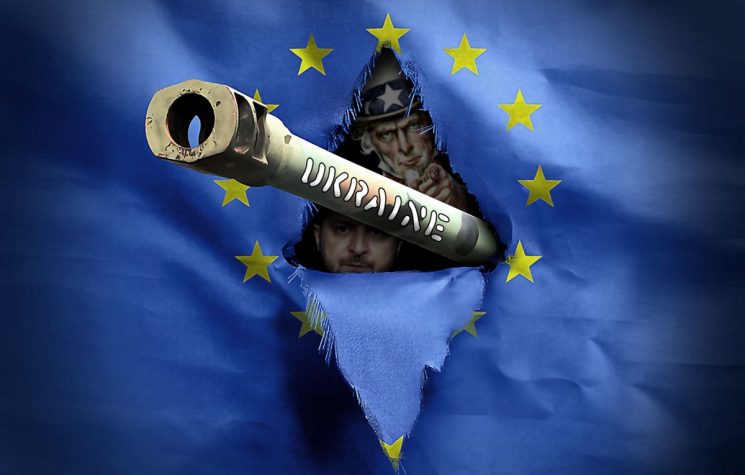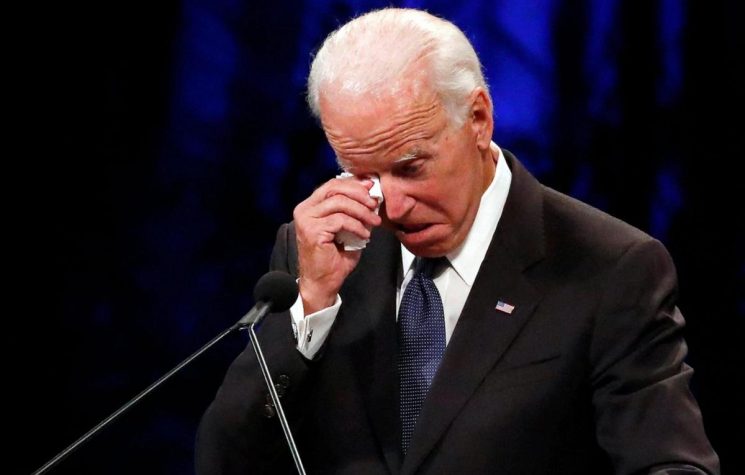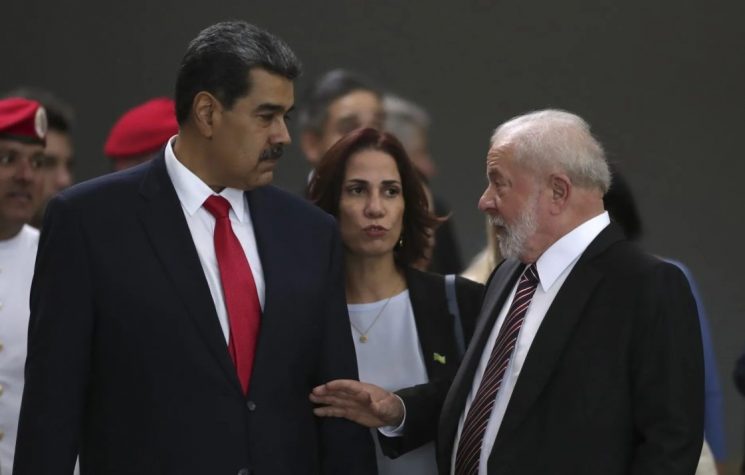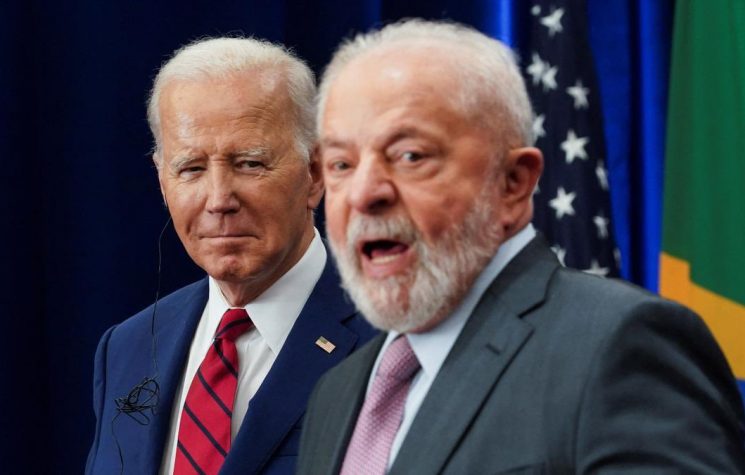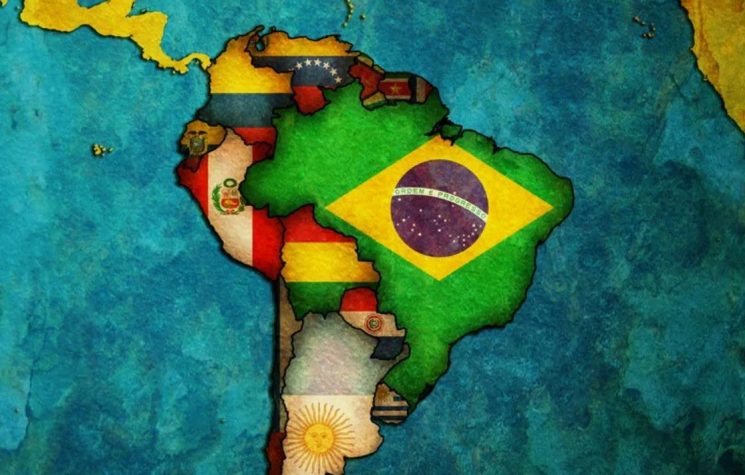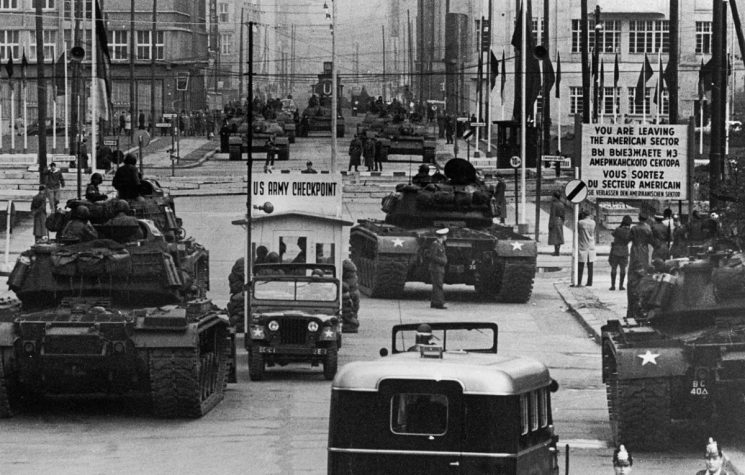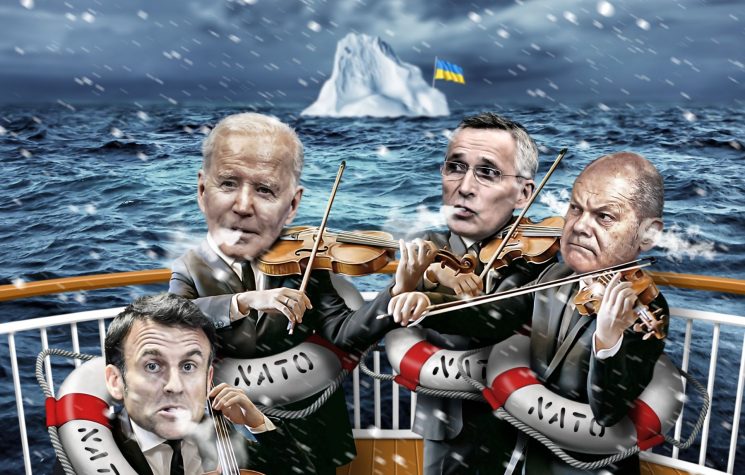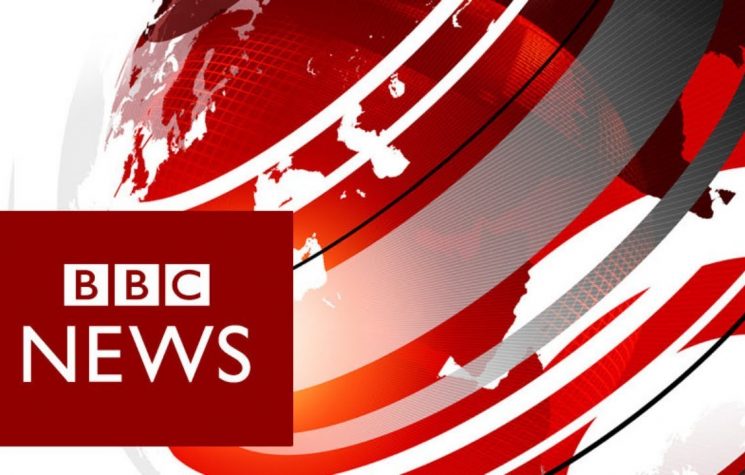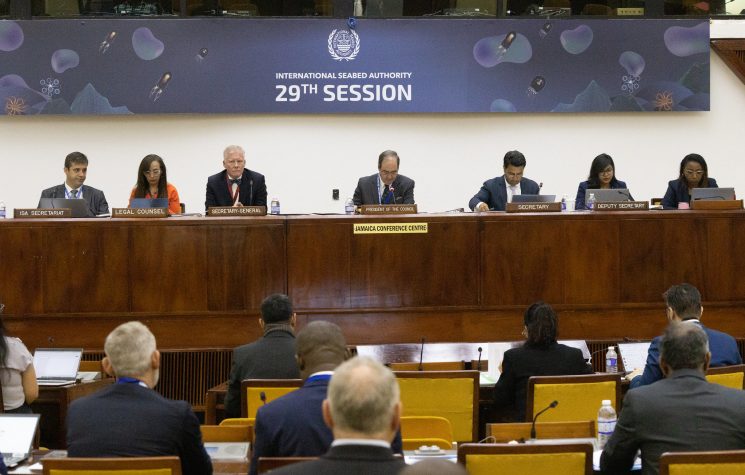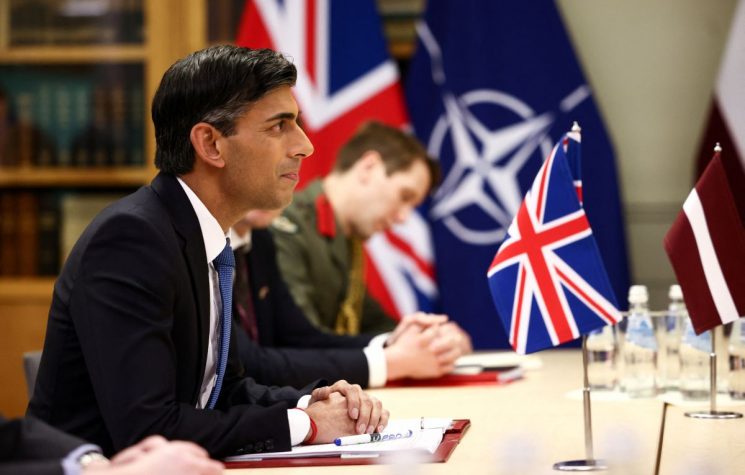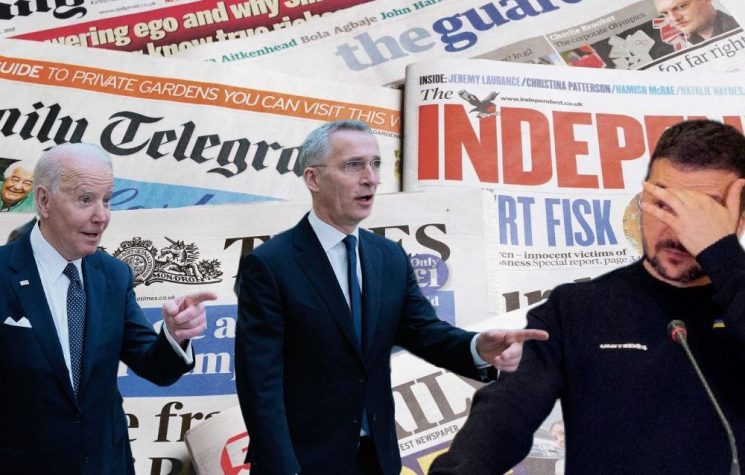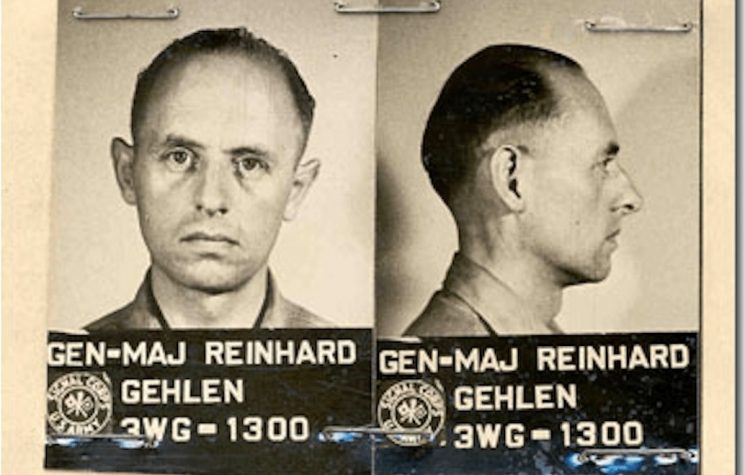The U.S. has a date with destiny as it faces up to its own inherent failings and its very real enemy within – the national security state.
Georgy Arbatov, the witty Soviet diplomat, remarked for an American audience at the end of the Cold War: “We are going to do a terrible thing to you. We are going to deprive you of an enemy.” His observation at the time seemed to be an oxymoron.
Arbatov died in 2010 at the age of 87. But how true his words have proven nearly 30 years after the dissolution of the Soviet Union and what was presumed to be the end of the Cold War and America’s historic victory. As it turns out, there were no winners.
The seasoned diplomat served as an advisor on U.S. relations to five Soviet leaders. He traveled to the United States frequently and was the U.S. media’s go-to Soviet spokesman. Arbatov knew intimately how the Cold War worked as an organizing principle for the edifice of U.S. society, politics, economics and military.
He knew how and why the Soviet Union was cast as the “evil empire” by the U.S. The portrayal had little to do with the Soviet Union objectively presenting a mortal threat. But the waging of a Cold War and forging a supposed Soviet nemesis to “the American way of life” was a vital necessity for the operation of U.S. global power.
The militarism was essential for the functioning of American capitalism and its vast taxpayer-funded Pentagon budgets every year.
Having a Soviet enemy also provided the United States with an apparent purpose of “defending the free world” and acting as a patron over European and NATO allies. In less benign terms, the relationship is seen more as one of hegemony and Washington’s dominance.
A third vital reason for Cold War against the Soviet Union was the cover it gave to U.S. military adventures around the world. Under the guise of protecting the world from “Godless Communism”, the Americans prosecuted imperialist wars and subterfuges that can otherwise be seen as criminal aggression and genocides.
A fourth crucial benefit from having a supposed dastardly foreign enemy was the national unity it provided for American rulers. Citizens would rally around the flag and the mythology of “American exceptionalism”.
When the Soviet Union disappeared from the global map in 1991, incisive analysts like Georgy Arbatov discerned that it would also herald the demise of the United States.
For a brief moment, there was euphoria from “winning the Cold War”. President HW Bush declared a “new world order” under American leadership. State Department scholars hailed the “end of history” had arrived in the form of “liberal democracy” and market capitalism. How fleeting do these celebrations seem now.
The loss of a Soviet enemy also in a very real way spelled the end of the United States. So much of the modern U.S. state since World War II has been shaped by Cold War militarism. Without the cover of a Soviet bogeyman, the United States became visible for the imperialist monster that it is. The emperor was naked.
No sooner had the Soviet Union dissolved than the United States embarked on a seeming non-stop rampage of wars across the globe. The relentless warmongering has been largely about finding a purpose for wielding U.S. power under a myriad of pretexts from “defending human rights” to “war on drugs”, from “preventing weapons of mass destruction” to “war on terrorism”, and so on.
One baleful outcome of this degenerate conduct has been the corrosive effect on international law, the United Nations Charter and, ironically, the presumed moral authority of the U.S. The international standing of the U.S. has plummeted as the world comes to abhor its unilateral arrogance and tyrannical, pathological caprice. The avowed pretexts for military interventions were never sufficiently plausible despite having a global media machine (conceitedly called the “free press”) to sell those pretexts to the public.
Without a seemingly credible international mission – fighting the evil Soviet empire – the United States has lost the ability to cohere its own nation. The Wizard of Oz is an impotent charlatan. It is no coincidence that a mere 30 years after the supposed end of the Cold War, the U.S. is a cauldron of internal political chaos and seething enmity. Republicans and Democrats are riven by mutual contempt as one party accuses the other of treason and treachery.
The U.S. military spending of over $700 billion a year appears as a grotesque and shameful obscenity. All the more so in the face of a plethora of neglected American social needs and infrastructure collapse.
That is why the U.S. political class has needed to revive the Cold War as an absolute necessity. Without the Cold War, the United States is in mortal danger of collapsing from its own internal failures as a hyper-militarized national security state.
This explains the madcap media propaganda campaign over recent weeks to stoke dangerous tensions in Europe with Russia. It explains, too, why the U.S. has continually slated China as a global adversary. And why the Pentagon has sought to portray a growing natural partnership between Moscow and Beijing as an alarming pernicious development that “threatens Western democracy”.
However, reviving the Cold War is a futile endeavor. The United States and its allies are not threatened by Russia or China in any objective way. Thus, the demonization of Russia and China – while acting as a short-term cover for the United States and causing wanton geopolitical tensions even to the point of risking confrontation – will in the end not suffice as a pretext. The U.S. has a date with destiny as it faces up to its own inherent failings and its very real enemy within – the national security state.








